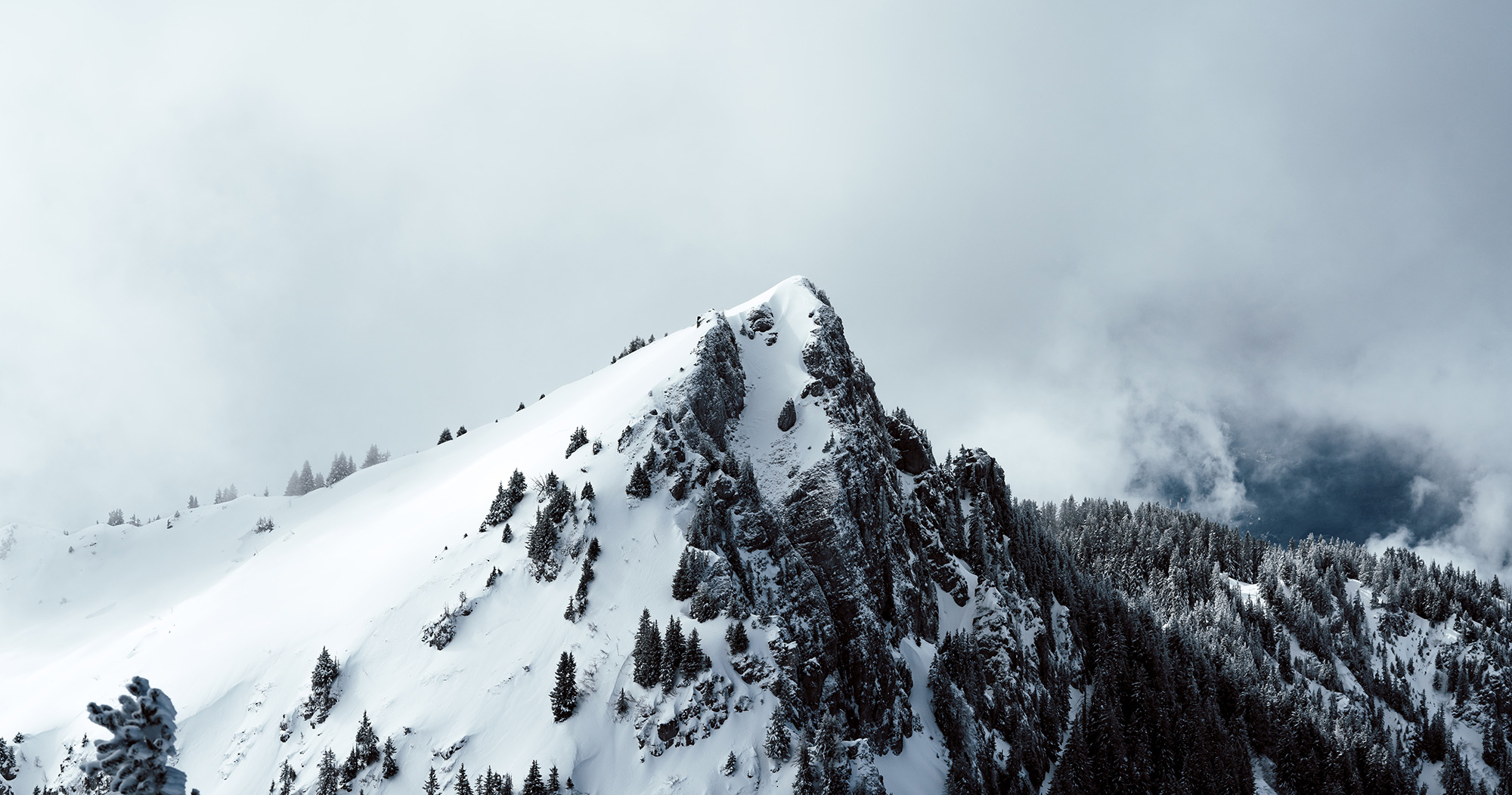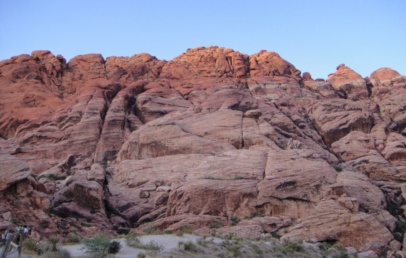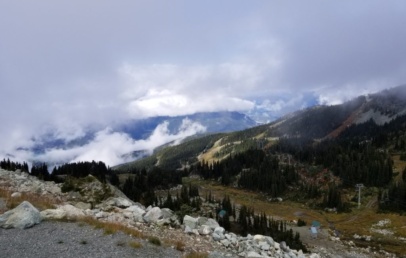If you’re getting into backcountry sledding or skiing, you probably know that you are taking some risks by venturing off the beaten path. Exposure, losing your position or direction, and winter weather are all potential hazards when adventuring outdoors in the winter. Perhaps the most dangerous risk to a backcountry enthusiast is an avalanche.
An avalanche occurs when a layer of snow collapses and slides downhill. Some avalanches are triggered naturally by wind, temperature changes, or structural issues in the snowpack, but avalanches can be triggered by human activity as well.
Avalanches are particularly common in British Columbia and Alberta with a significant number of fatalities occurring among snowmobilers and skiers/snowboarders, according to an Avalanche Canada report. However, even cross-country skiers and snowshoers are at risk. No matter your type of backcountry pursuit, it’s important to be avalanche aware.
Before you plan your trip or even think about what kind of gear to buy, read this:
Avalanche Skills Training
Avalanche Canada recommends training for anyone who ventures off-trail. If you are new to out of bounds exploring, Avalanche Skills Training 1 is the place to start. This two-day course, with both classroom and field components, teaches you to recognize avalanche terrain and plan your trip accordingly. You can find a list of approved AST 1 courses on the Avalanche Canada website.
Not only should you take an avalanche safety course, so should your companions. It’s never a good idea to be the only person trained in avalanche awareness; companion rescue is an important part of safety training.
Online Avalanche Tutorials
Avy Savvy is an online tutorial about avalanches: what they are, how they happen, and how you can plan accordingly. It’s still recommended that you take a hands-on Avalanche Skills Training course, but Avy Savvy is a great place to begin if you are a novice backcountry explorer, or if you’d simply like to learn more about what an avalanche is.
Hiring a Guide
If you’re new to out of bounds exploring, perhaps it’s best to hire a guide. An experienced guide can help you plan your trip, recognizing and avoiding terrain traps that may be unfamiliar to you. If you’re just getting into backcountry snowboarding or snowmobiling, hiring a guide is a great way to stay safe. In British Columbia, a number of companies offer backcountry guiding or guided tours.
Planning ahead may not be as fun as zipping down a mountainside on a sled or carving fresh snow in the backcountry, but preparation will make your outdoor activities safer, and that’s always a win. You may also feel more confident once you have been trained to recognize avalanche warning signs. Remember, smart adventurers make informed choices!




